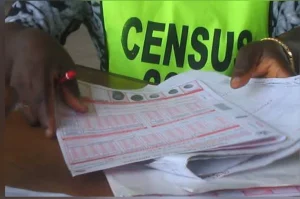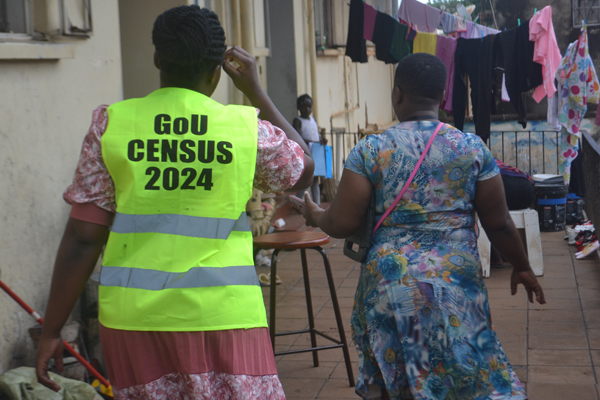CurrentReport Blog The Chairman of the National Population Commission (NPC), Nasir Isa Kwarra, has announced that Nigeria’s much-anticipated national population census will be conducted in 2025.

Kwarra disclosed this during the 2024 Anniversary of the Nairobi Summit on the International Conference on Population and Development (ICPD) held on Thursday in Abuja. He emphasized that the prolonged delay has significantly hindered Nigeria’s ability to address population needs and allocate resources effectively, particularly in rural and underserved communities.
Impact of Delayed Census
Kwarra highlighted the critical consequences of outdated population data, especially in areas like reproductive health, maternal mortality, and family planning.
“This gap in accurate population data poses challenges in tailoring reproductive health services and interventions to specific demographic groups, ultimately undermining progress toward reducing maternal mortality and improving access to family planning,” Kwarra stated.
The last census in Nigeria was conducted in 2006, despite the United Nations’ recommendation for member nations to carry out population censuses every 10 years. Plans to hold a census in 2023 were postponed twice under former President Muhammadu Buhari’s administration, leaving the incoming government to oversee the process.
Importance of Accurate Data
The NPC chairman underscored the role of accurate population data in driving informed decision-making and fostering social progress.
“The major setback Nigeria faces is the delay in conducting a population and housing census, which is fundamental for informed decision-making,” he said.
Kwarra also highlighted the broader implications of the census, particularly for advancing gender equality, reducing gender-based violence (GBV), and improving sexual and reproductive health services.
“We are gathered in the spirit of a shared commitment to progress, inclusivity, and the empowerment of individuals, particularly women and young people,” he said.
Preparing for 2025
The announcement marks a significant step toward addressing Nigeria’s data deficit, which has impacted planning and resource allocation across sectors. Accurate census data will be instrumental in addressing key challenges and fostering equitable development in the country.
As preparations for the 2025 census begin, stakeholders are calling for transparency and efficiency in the process to ensure credible results that will guide Nigeria’s developmental policies.












